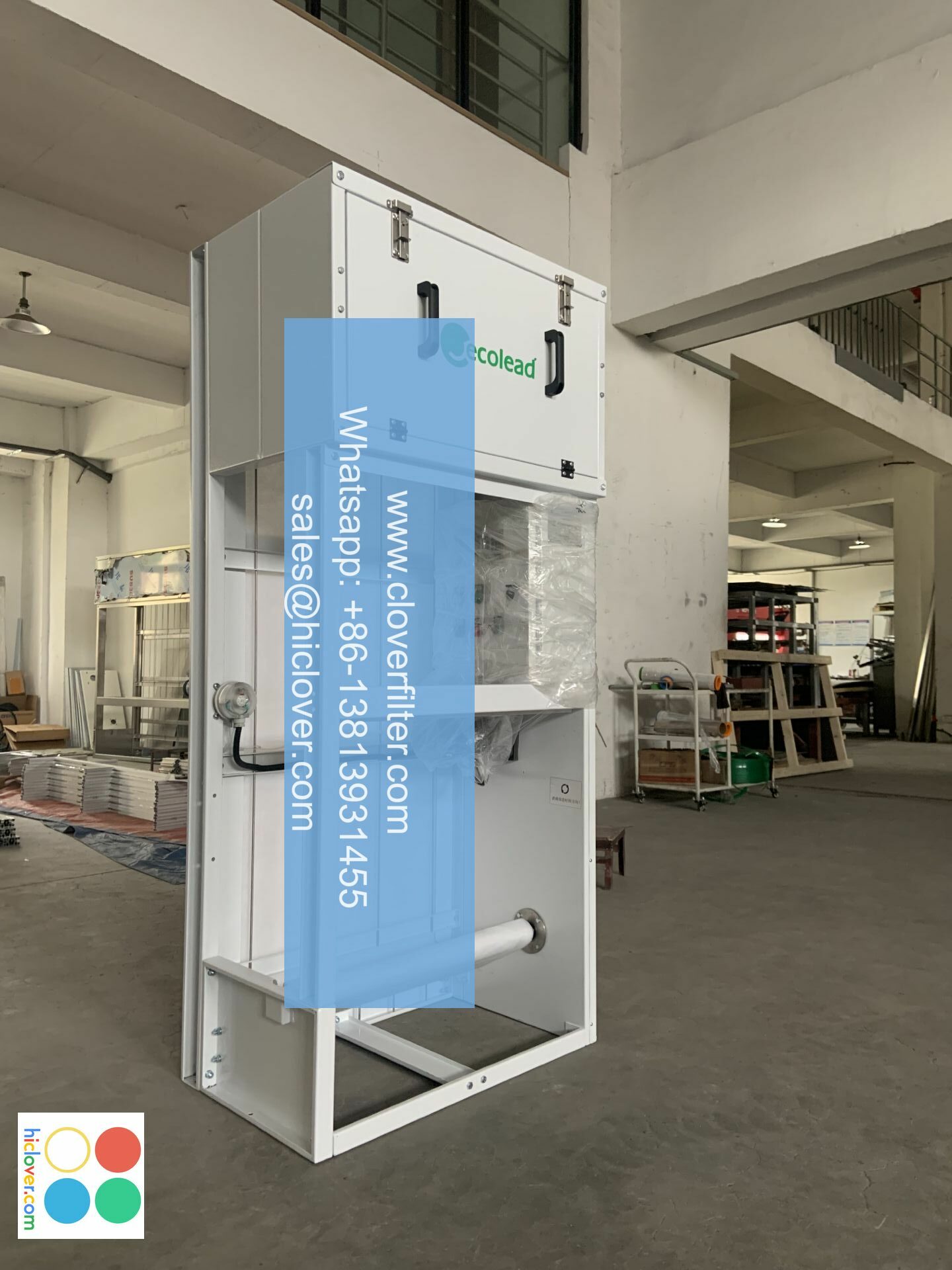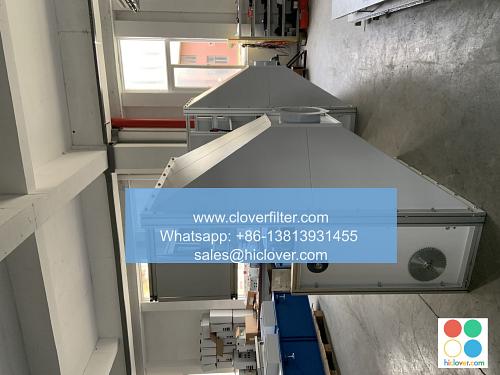Air Filter Energy Efficiency: A Study of Industrial Processes

As the world becomes increasingly focused on sustainability and energy efficiency, industries are looking for ways to reduce their energy consumption and minimize their environmental footprint. One often overlooked area is air filter energy efficiency, which can have a significant impact on the overall energy usage of industrial processes. In this article, we will delve into the world of air filter energy efficiency, exploring its importance, benefits, and applications in various industrial processes.
##
Introduction to Air Filter Energy Efficiency
Air filters are a crucial component in many industrial processes, including heating, ventilation, and air conditioning (HVAC) systems, dust collection systems, and air pollution control systems. The primary function of air filters is to remove contaminants and particles from the air, ensuring a clean and healthy environment. However, air filters can also consume significant amounts of energy, particularly if they are not properly maintained or if they are not designed with energy efficiency in mind.
##
Benefits of Air Filter Energy Efficiency
Improving air filter energy efficiency can have numerous benefits for industries, including:
* Reduced energy consumption: Energy-efficient air filters can help lower energy bills and minimize the strain on power grids.
* Increased system performance: Properly maintained and energy-efficient air filters can improve the overall performance of industrial processes, leading to increased productivity and efficiency.
* Extended equipment lifespan: By reducing the energy consumption and wear and tear on equipment, air filter energy efficiency can help extend the lifespan of industrial equipment.
* Environmental benefits: By reducing energy consumption and minimizing waste, air filter energy efficiency can contribute to a more sustainable and environmentally friendly industrial process.
##
Applications of Air Filter Energy Efficiency
Air filter energy efficiency has a wide range of applications in various industrial processes, including:
* Power generation: Energy-efficient air filters can help reduce the energy consumption of power plants, leading to increased efficiency and reduced emissions.
* Chemical processing: Air filters play a critical role in chemical processing, and energy-efficient designs can help minimize energy consumption and improve system performance.
* Food and beverage processing: Air filters are used to maintain a clean and healthy environment in food and beverage processing, and energy-efficient designs can help reduce energy consumption and improve system performance.
* Pharmaceutical processing: Air filters are crucial in pharmaceutical processing, and energy-efficient designs can help minimize energy consumption and ensure a clean and healthy environment.
##
Technologies and Strategies for Improving Air Filter Energy Efficiency
Several technologies and strategies can be employed to improve air filter energy efficiency, including:
* High-efficiency air filters: Designed to capture more particles and contaminants while minimizing energy consumption.
* Regular maintenance: Regular cleaning and replacement of air filters can help ensure optimal performance and energy efficiency.
* Air filter monitoring systems: These systems can help monitor air filter performance and detect any issues or inefficiencies.
* Energy-recovery ventilation systems: These systems can help recover energy from exhaust air and transfer it to fresh air, reducing the energy consumption of HVAC systems.
##
Conclusion
Air filter energy efficiency is a critical aspect of industrial processes, and improving it can have numerous benefits, including reduced energy consumption, increased system performance, and environmental benefits. By understanding the importance of air filter energy efficiency and implementing technologies and strategies to improve it, industries can contribute to a more sustainable and energy-efficient future. As the world continues to focus on energy efficiency and sustainability, the importance of air filter energy efficiency will only continue to grow, making it an essential area of study and development in the years to come. Prompt

